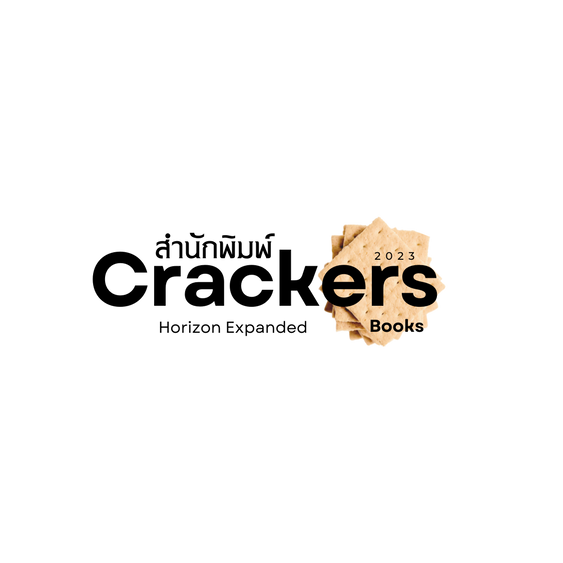

Collaborative Governance Regime: A Concise Overview
Collaborative Governance Regime (CGR) is a concept in public administration and political science that focuses on the collaboration between multiple stakeholders in governance processes. Here's a concise summary based on academic papers:
Collaborative Governance Regime: A Concise Overview
- Defining CGR: A Collaborative Governance Regime is a framework involving diverse actors, including government agencies, private entities, and civil society, working together in a structured manner to make decisions or formulate policies. It emphasizes collective, consensus-oriented decision-making (Ansell & Gash, 2007).
- Key Components: CGR includes elements like shared motivations, joint capacity building, inclusive participation, and institutional design that facilitates collaboration across traditional boundaries (Emerson, Nabatchi, & Balogh, 2012).
- Challenges and Dynamics: Managing a CGR involves navigating complex dynamics, such as power imbalances, conflicting interests, and differing organizational cultures. Building trust and mutual understanding is crucial for effective collaboration (Purdy, 2012).
- Role in Public Policy: CGRs play a significant role in public policy formulation, particularly in addressing issues that span across multiple sectors or require the pooling of diverse resources and expertise (Pahl-Wostl et al., 2007).
- Emerging Trends and Applications: The concept is increasingly relevant in the context of globalization and complex socio-economic challenges. It's being applied in areas like environmental management, urban planning, and social policy (Loewen, 2015)
Conclusion
Collaborative Governance Regime represents an important shift in governance models, emphasizing cross-sectoral collaboration and collective decision-making to address complex societal issues effectively.
Bibliography
- Ansell, C., & Gash, A. (2007). Collaborative Governance in Theory and Practice. Journal of Public Administration Research and Theory, 18(4), 543-571. Link
- Emerson, K., Nabatchi, T., & Balogh, S. (2012). An Integrative Framework for Collaborative Governance. Journal of Public Administration Research and Theory, 22(1), 1-29. Link
- Loewen, K. (2015). Cooking up Collaboration: The Toronto Food Policy Council, the Vancouver Food Policy Council, and the Emergence of Civic Capacity. The Journal of Undergraduate Research, 1(1), 9. Link
- Pahl-Wostl, C., Craps, M., Dewulf, A., Mostert, E., Tábara, D., & Taillieu, T. (2007). Social Learning and Water Resources Management. Ecology and Society, 12(2). [Link]
- Purdy, J. M. (2012). A Framework for Assessing Power in Collaborative Governance Processes. Public Administration Review, 72(3), 409-417. Link

CRACK/
ลัทธิมาร์กซ์/
101
CRACK/
ลัทธิมาร์กซ์/
101

วัชรพล พุทธรักษา
วัชรพล พุทธรักษา.
Crack/ลัทธิมาร์กซ์/101.-- พิษณุโลก : แครกเกอร์ บุ๊กส์, 2567.
149 หน้า.-- (The Basic Series).
1. ลัทธิคอมมิวนิสต์. 2. มาร์กซ์, ลัทธิ. I. ชื่อเรื่อง.
320.531
ISBN (E-Book) 978-616-94407-3-4
ISBN (Printed Book) 978-616-94407-4-1


ติดต่อโฆษณา โทร 0953394114

